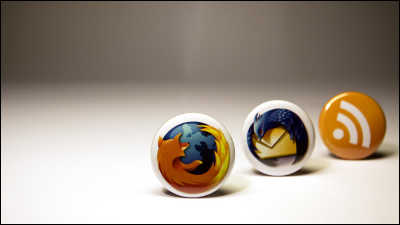Google Chrome considers abolishing support for the next-generation image standard 'JPEG XL' format, what is the reason?

It became clear that Google Chrome is developing in the future to abolish support for the next-generation image format ``
flag_descriptions: Add note about JPEG XL removal (I6502e507) Gerrit Code Review
https://chromium-review.googlesource.com/c/chromium/src/+/3988999
Google Chrome Is Already Preparing To Deprecate JPEG-XL - Phoronix
https://www.phoronix.com/news/Chrome-Deprecating-JPEG-XL
Google Outlines Why They Are Removing JPEG-XL Support From Chrome - Phoronix
https://www.phoronix.com/news/Chrome-Dropping-JPEG-XL-Reasons
The JPEG format has the advantage of ``high compression rate and small file size'', but there was a problem that the compression process is irreversible and noise increases and image quality deteriorates. The JPEG XL format, which was developed based on Google's PIK and Cloudinary 's FUIF , is an open and royalty-free format that achieves a high compression rate of 60% higher than the JPEG format while adopting lossless compression that can restore the original data. . In 2017, the Joint Photographic Experts Group , a standardization organization, launched a technical public offering for the JPEG XL format, and released a reference implementation of the JPEG XL format in December 2019. The file format was decided in December 2020 and made into an international standard in October 2021.
In Chrome, support for the JPEG XL format itself started in 2021. However, on October 29, 2022, Chrome / Chromium M110 committed to discontinue support for JPEG XL.

Regarding this matter, an engineer of the Google Chrome development team said in

When displaying high-resolution images as web content, the user experience changes greatly depending on the device and line conditions to access. In the image format so far, we had to choose between ``highly compressing in JPEG format to reduce the file size but lowering the image quality'' or ``prioritizing image quality with lossless compression in PNG format''. However, the JPEG XL format, a lossless compression image format that boasts a high compression ratio, can solve this dilemma.
However, Google has been actively promoting the
Google is also working on the WebP 2 project from 2021. However, this WebP 2 project is not intended to develop a next-generation standard for the WebP format, and Google says, 'WebP 2 is not planned to be released as an image format, but will be used as a playground for image compression experiments. ' said.

Phoronix said, ``Chrome has removed support for the JPEG XL format, WebP2 has not been pursued as a released image format, and Google will eventually focus on further evolving the WebP and AVIF formats for next-generation images. It seems to hit, ”he commented.
Related Posts:
in Software, Posted by log1i_yk







